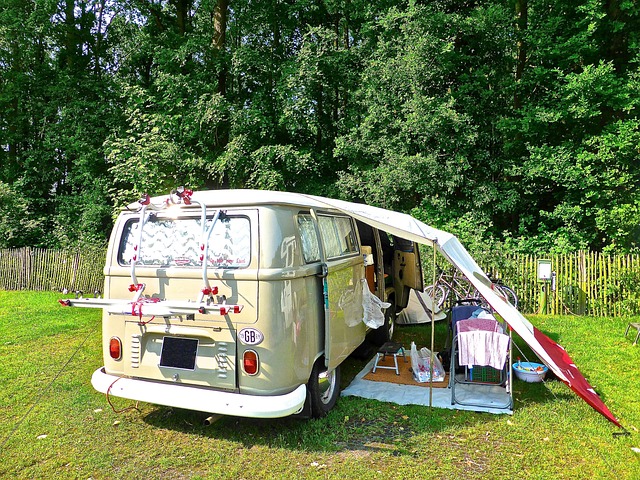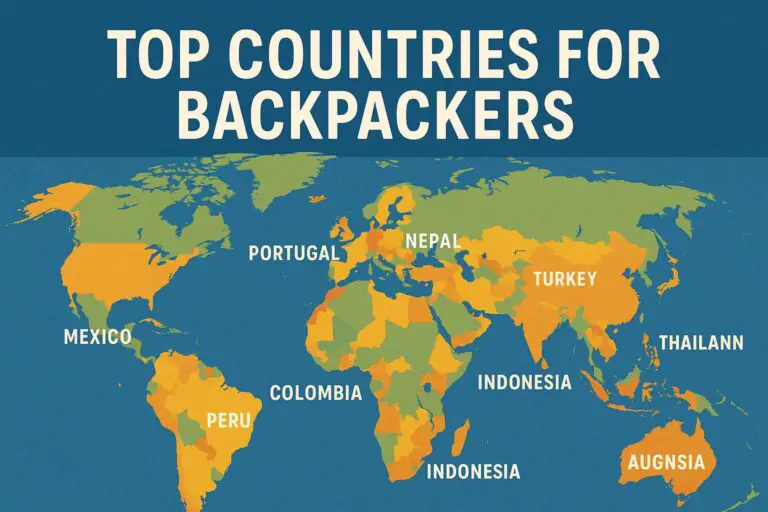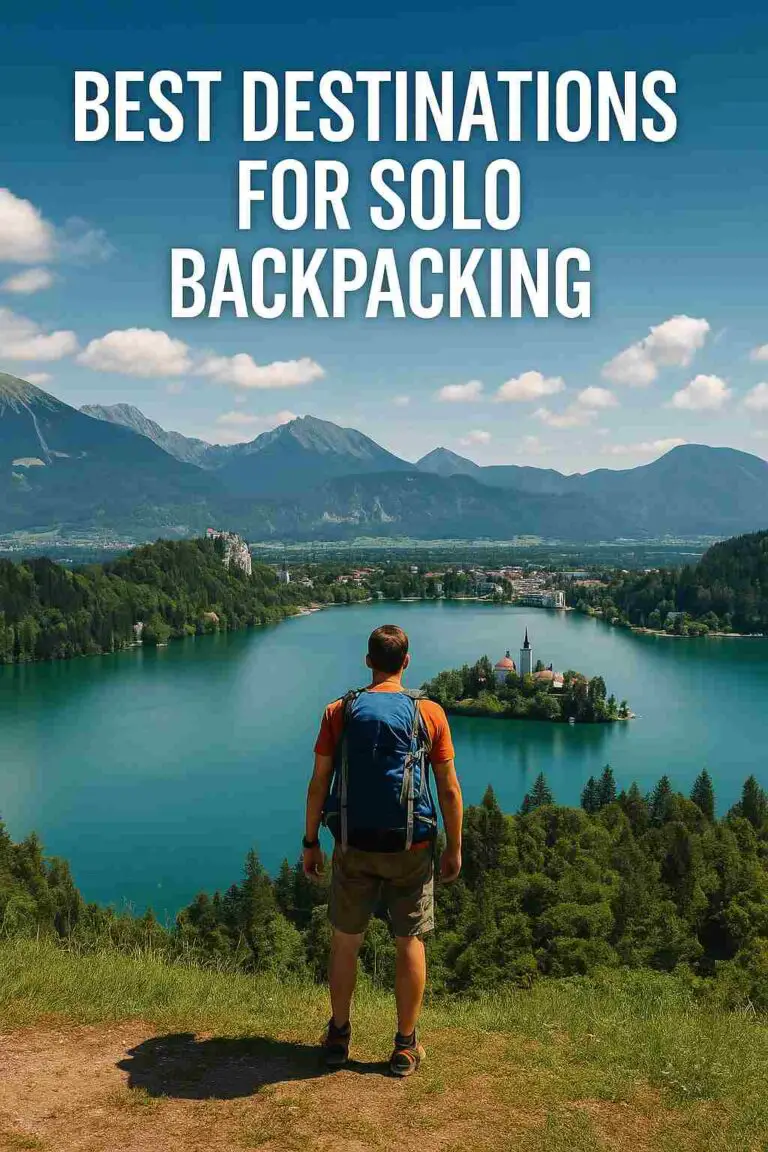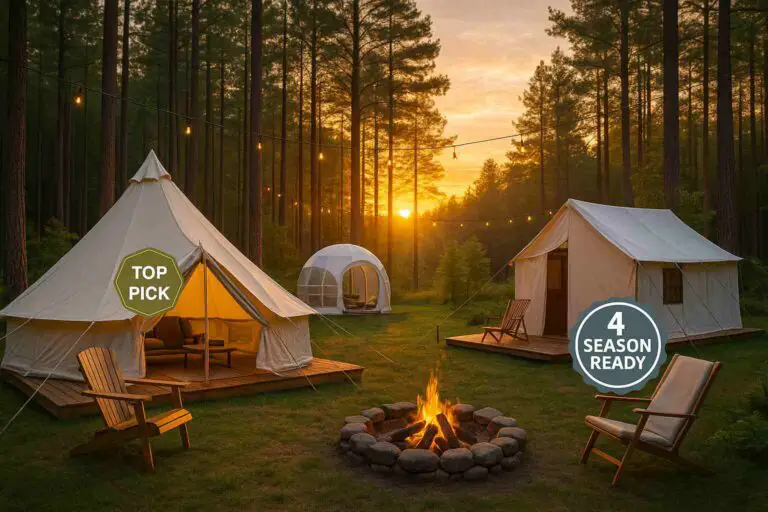Camping is a great way to escape the hustle and bustle of everyday life and enjoy the great outdoors. However, to fully enjoy your camping experience, it’s important to have the right gear. The right gear not only makes your camping trip more comfortable and enjoyable, but it can also be essential for your safety.
In this post, I’ll discuss how to choose the right camping gear for your needs. I’ll cover everything from tents to sleeping bags to cooking gear, and provide tips for packing and organizing your gear. By the end of this post, you’ll be well-equipped to plan your next camping trip with confidence.
Assess Your Needs
Before you start shopping for camping gear, it’s important to assess your needs. This means considering the type of camping you’ll be doing, the length of your trip, the weather conditions you’ll encounter, and the activities you’ll be doing. Here are some factors to consider:
- Type of camping: Will you be car camping, backpacking, or glamping? Each type of camping requires different gear. Car camping allows you to bring larger and heavier gear, while backpacking requires gear that is lightweight and compact.
- Length of trip: How many days will you be camping? A longer trip may require more gear or gear that is more durable.
- Weather conditions: What weather conditions can you expect? Will it be hot and sunny, or cold and rainy? Your gear choices will be influenced by the weather conditions you’ll encounter.
- Activities: What activities will you be doing while camping? Will you be hiking, fishing, or kayaking? You’ll need gear that is appropriate for the activities you’ll be doing.
This will help you narrow down your options when it comes time to make your purchases.
Choose the Right Tent
Choosing the right tent is essential for a comfortable and enjoyable camping experience. Here are some factors to consider:
- Type of tent: There are several types of tents to choose from, including dome tents, cabin tents, and backpacking tents. Dome tents are easy to set up and provide good ventilation. Cabin tents are spacious and offer more headroom, while backpacking tents are lightweight and compact.
- Size: Tents come in various sizes, from one-person tents to family-sized tents. Consider how many people will be sleeping in the tent and how much gear you’ll need to store inside.
- Season rating: Tents are rated by the number of seasons they are suitable for. A three-season tent is suitable for spring, summer, and fall, while a four-season tent is suitable for winter camping.
- Material: Tents are made from various materials, including nylon, polyester, and canvas. Nylon and polyester are lightweight and easy to pack, while canvas is durable and offers better insulation.
- Features: Consider what features you want in a tent, such as vestibules for gear storage, mesh windows for ventilation, and a rainfly for protection from the rain.
When choosing a tent, it’s important to balance cost, weight, and durability. A high-quality tent may be more expensive, but it will last longer and provide a more comfortable camping experience.
Sleeping Bags and Pads
Choosing the right sleeping bag and pad is crucial for a good night’s sleep while camping. Here are some factors to consider:
- Temperature rating: Sleeping bags are rated by the lowest temperature they can handle. Consider the lowest temperature you’ll encounter while camping and choose a sleeping bag with a temperature rating that matches or is lower than that temperature.
- Insulation type: Sleeping bags are filled with either down or synthetic insulation. Down is lightweight and compressible, while synthetic is more affordable and insulates better when wet.
- Size: Sleeping bags come in different sizes, so make sure you choose a bag that fits your height and body type.
- Shape: Sleeping bags come in mummy, rectangular, and semi-rectangular shapes. Mummy bags are more thermally efficient, while rectangular bags offer more room to move around.
- Sleeping pads: Sleeping pads provide insulation and cushioning between you and the ground. Consider the pad’s thickness, weight, and insulation when choosing a pad.
- R-value: The R-value measures a pad’s insulation value. The higher the R-value, the more insulated the pad is.
It’s important to consider both temperature and comfort when you choose a sleeping bag and pad. A high-quality sleeping bag and pad will keep you warm and comfortable throughout the night, ensuring you wake up feeling rested and ready for a day of camping activities.
Cooking and Eating Gear
Having the right cooking and eating gear is important for preparing and enjoying meals while camping. Here are some factors to consider:
- Stove type: There are several types of camping stoves available, including propane, butane, and alcohol stoves. Consider the type of fuel that is readily available and the type of cooking you’ll be doing when choosing a stove.
- Cookware: Choose lightweight and durable cookware that is easy to clean. Look for pots and pans that are compatible with your stove and consider the size you’ll need for the number of people you’ll be cooking for.
- Utensils: Bring utensils like a spatula, tongs, and a spoon. Choose utensils that are compact and made of durable materials like stainless steel or titanium.
- Food storage: Bring containers to store food and keep it fresh. Consider the size you’ll need for the amount of food you’ll be storing.
- Cooler: If you plan to bring perishable food, bring a cooler to keep it fresh. Consider the size you’ll need and how long you’ll need to keep the food cold.
- Water filtration: Bring a water filtration system to ensure you have clean drinking water while camping. Look for a system that is lightweight and easy to use.
Consider the size and weight of each item. Look for gear that is compact and easy to pack, but also durable enough to withstand the rigors of camping. With the right gear, you can prepare and enjoy delicious meals while camping.
Other Essential Gear
In addition to a tent, sleeping bag, cooking gear, and eating utensils, there are several other essential pieces of camping gear to consider. Here are some factors to consider:
- Backpack: If you plan to go backpacking, you’ll need a backpack to carry your gear. Consider the size you’ll need based on the length of your trip and the amount of gear you’ll be carrying.
- Lighting: Bring a headlamp or flashlight to navigate around camp at night. Consider the brightness and battery life of the light when choosing a light.
- Hydration system: Bring a hydration system to ensure you stay hydrated while camping. This can include a water bottle, water bladder, or water filter.
- First aid kit: Bring a first aid kit to treat any injuries that may occur while camping. Consider the size and contents of the kit when choosing a kit.
- Clothing: Choose clothes appropriate for the weather and activities you’ll be doing while camping. Look for clothing that is lightweight, breathable, and easy to layer.
- Navigation: Bring a map and compass to navigate while hiking or exploring the area around camp.
Look for gear that is lightweight, durable, and easy to pack. With the right gear, you can enjoy a safe and comfortable camping trip.
Conclusion
Choosing the right camping gear is essential for a comfortable and enjoyable camping experience. By assessing your needs, you can determine the type of gear you’ll need for your camping trip.
Whether you’re car camping, backpacking, or glamping, there’s camping gear available to suit your needs. From tents to sleeping bags to cooking gear, each piece of gear plays a crucial role in ensuring your comfort and safety while camping.
By investing in high-quality gear that is appropriate for your needs, you can enjoy many camping trips to come. Remember to balance cost, weight, and durability when making your purchases. With the right gear and a sense of adventure, you can make memories that will last a lifetime.








